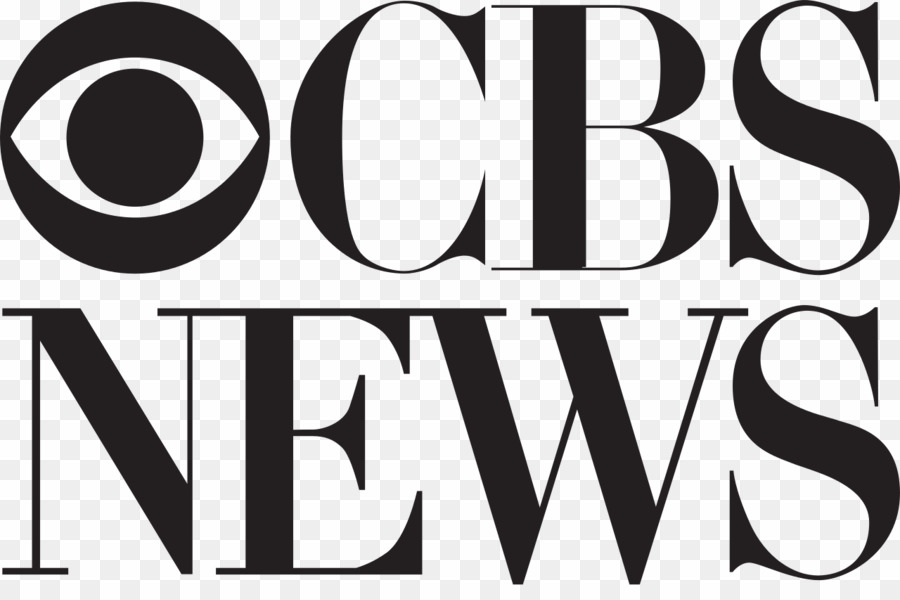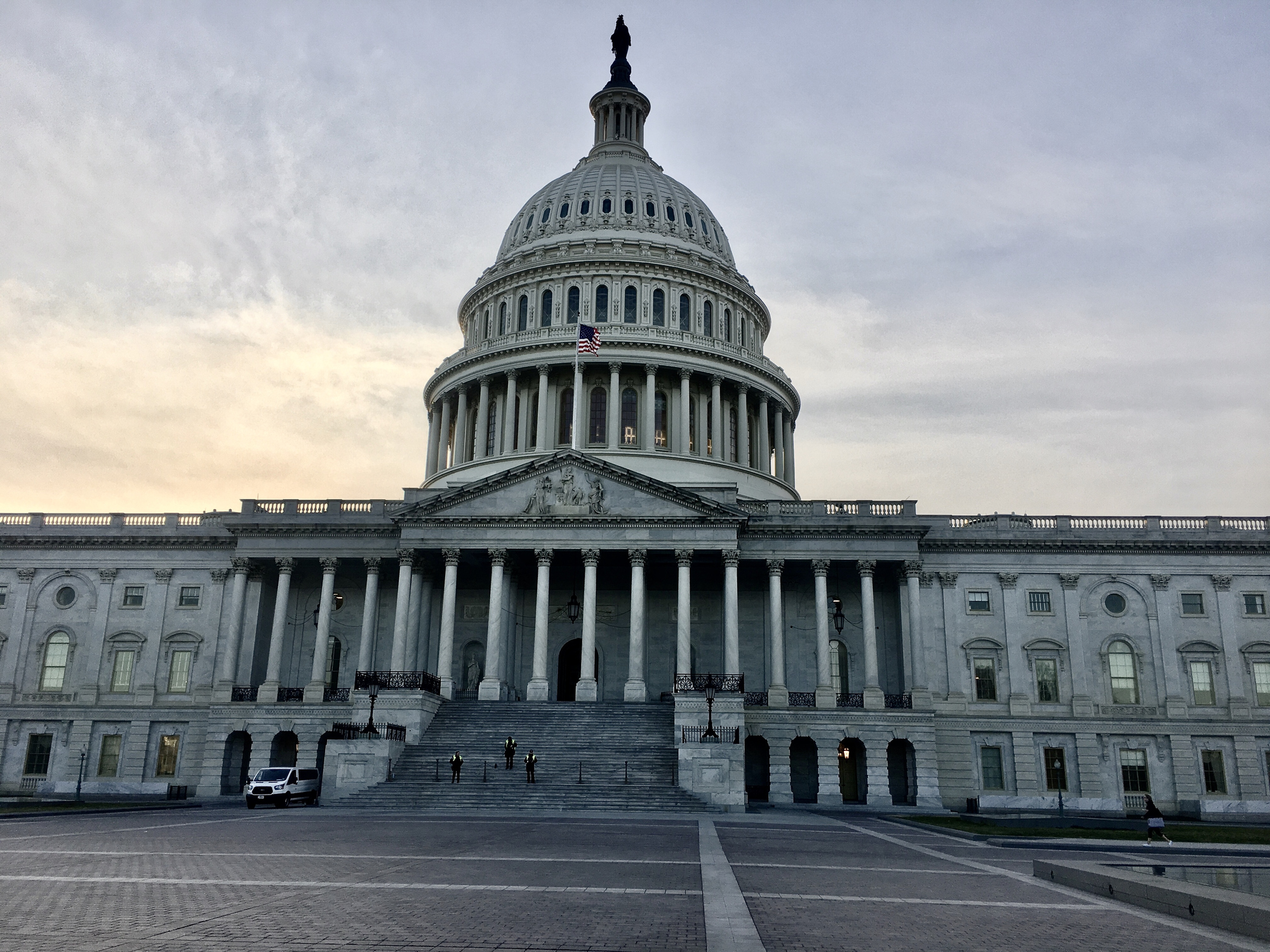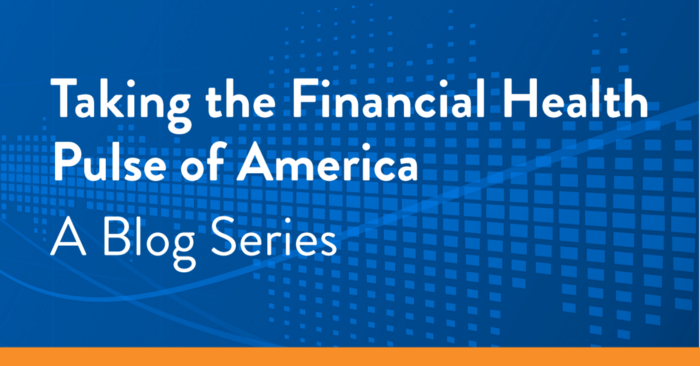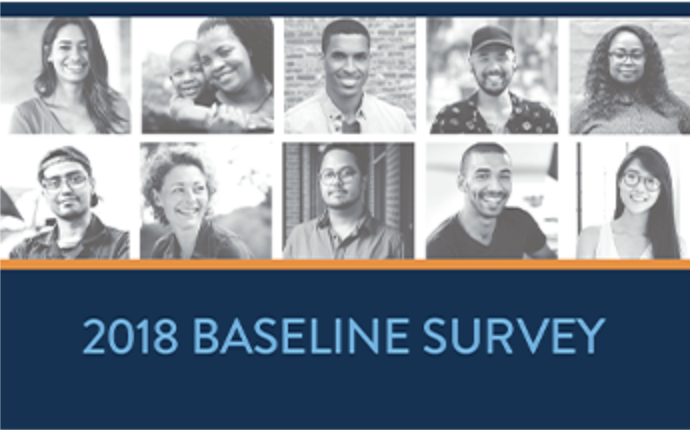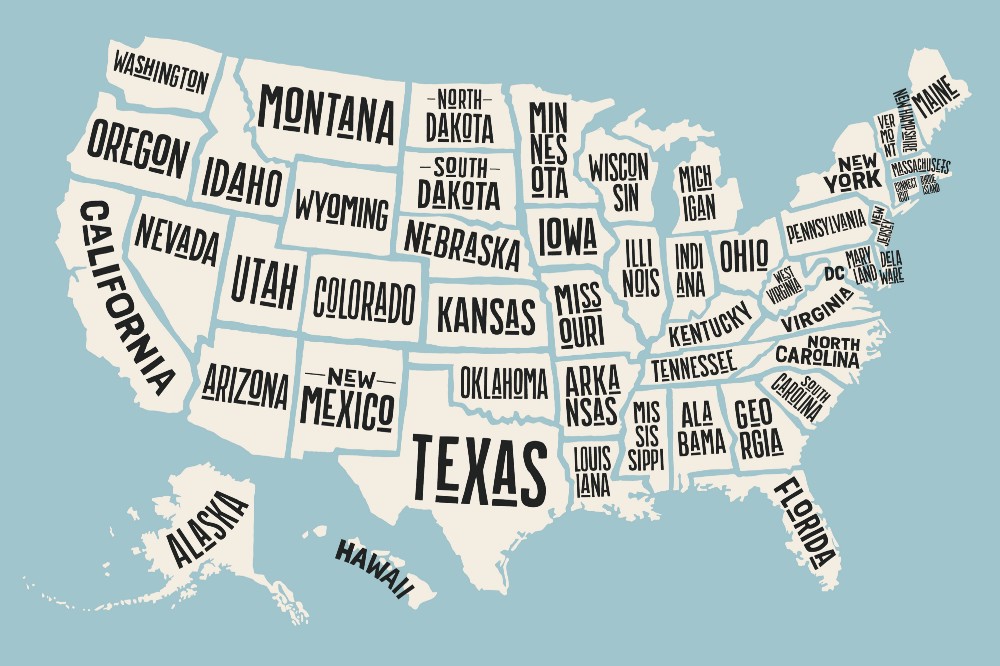Building Your Business Case for Financial Health: Providing Guidance and Support to Increase Customer Well-Being
How can financial health help build your business? For financial services providers considering new programs, tools, or products to improve customer financial health, this report offers a framework for evaluating the business case to implement them.
Webinar: The Role of Trust in the Financial Data Ecosystem
During this webinar, attendees heard from a leading financial technology company about the importance of being a trusted steward of consumers’ data and discussed what good data governance means for consumer financial health
70% of Americans say they are struggling financially
Many Americans remain in precarious financial shape even as the economy continues to grow, with 7 of 10 saying they struggling with at least one aspect of financial stability, such as paying bills or saving money. Read the Article >>
It’s a Brave New World: Harnessing the Power of Consumer Data to Improve Financial Health
Data plays an important role in improving consumers’ lives. While there are some risks to sharing data online, with the right safeguards in place, consumer data can provide powerful insights into people’s financial lives that financial service providers can use to develop products, programs, and solutions to improve their customers’ lives.
The U.S. Financial Health Pulse Goes to Washington
By Eric Wilson, Associate, Financial Health Network Despite economic indicators showing exceptional GDP growth and record low unemployment, the 2018 U.S. Financial Health Pulse shows that a vast majority of Americans are struggling with their financial health. In April, the Financial Health Network, along with Pulse funders and partners, took the findings of this benchmarking…
#FinHealthMatters Day should be every day, for everyone
In recognition of #FinHealthMatters Day, we reflect on our efforts to advance the cause of financial health which include research and building partnerships with leading organizations and our network of Members.
New Data, New Insights: Releasing the 2018 Pulse Data Set
The data set contains responses from more than 5,000 individuals to 100+ questions about how people are spending, saving, borrowing, and planning.
Webinar: Understanding Your Financially Coping and Vulnerable Customers
During this member-exclusive webinar, authors of the U.S. Financial Health Pulse 2018 Baseline Survey explored findings from this groundbreaking research initiative. The second in a three-part series, this conversation shared a deep dive on never-before-released Pulse data representing individuals who are financially Coping or Vulnerable.
Challenges Threaten the Financial Health of Low- to Moderate-Income 50+ and Require Innovative Solutions
By Andrew Dunn, Senior Associate, Financial Health Network For years, financial planners described the financial lives of individuals over 50 as following a predictable life cycle. The “traditional” path typically included diligently saving in an employer-provided retirement account, paying off a mortgage, then fully retiring while reducing expenses in order to live comfortably. However, this…
Webinar: Key Findings from the Pulse & What They Mean for Your Business
During this member-exclusive webinar, authors of the U.S. Financial Health Pulse 2018 Baseline Survey explored findings from this groundbreaking research initiative. The first in a three-part series, this conversation explored into new cuts of the data and shared findings and trends on how Americans are saving and borrowing.
The U.S. Financial Health Pulse: Establishing a Baseline and Looking Ahead
In November, we released the inaugural 2018 Baseline Report which established a baseline to track changes in financial health over time. In 2019, we plan to build upon the foundation we laid this year.
Insuring the Way to a Financially Resilient America
Using a combination of survey data and consumer interviews, the Financial Health Network presents consumer trends and insurance product design strategies that can help Americans build financial resilience.
3 Factors that Shape Financial Health in America
By Thea Garon Director, Financial Health Network Despite a surging stock market and record-low unemployment, millions of Americans are struggling financially. Nearly half of Americans (47%) say their spending equaled or exceeded their income in the last year. One in three people (30%) say they have more debt than is manageable. More than a third…
U.S. Financial Health Pulse: 2018 Baseline Survey Results
In this initial study, the Financial Health Network reveals how we’re faring financially and the trends shaping our financial health.
From Equifax to Cambridge Analytica: Why financial services must stay ahead of the consumer data curve
By Kaitlin Asrow, Financial Health Network Data breaches have become inevitable in our increasingly digital lives, but unlike other global events — from terrorism to the 2008 economic crisis — they have not yet become a catalyst for market-wide changes to business practices in industries that center on consumer data. But that may be changing. Recent events, from the…
For Consumer Protection and Health, Look to the States
By Jeanne Hogarth, Financial Health Network The recent turmoil in leadership at the Consumer Financial Protection Bureau (CFPB) and the initial actions of the acting director point to at least one conclusion: For consumers to continue to have access to high quality, innovative products that help them improve their financial health, focus needs to shift…
2017 Financially Underserved Market Size Study
The Financial Health Network presents our 2017 Financially Underserved Market Size Study that illustrates the growing opportunity to address the needs of financially underserved consumers and identifies significant trends driving marketplace evolution and growth.
Liability, Transparency and Consumer Control in Data Sharing
With industry leadership and regulatory support, there is an opportunity to build a liability framework for financial data sharing to support consumer protection, innovation and market growth.
A New Vision for Serving America’s Small Businesses
This paper examines the connections, similarities, and differences between consumer financial health and the financial health of small businesses.
Building an Ecosystem of Partnerships around Financial Wellness
An EMERGE Conference Interview with Brian Costello By Elizabeth Vivirito, Financial Health Network Brian Costello is the Chief Information Security Officer at Envestnet. Brian is helping Envestnet | Yodlee create a more financially informed generation and ultimately a stronger global economy by supporting the consumers’ right to access financial solutions that allow them to improve…
Secured Credit Cards: Military and Veteran Service Members
Active military members have more consumer debt and lower self-reported credit scores than civilians, but secured credit cards can limit service members’ financial vulnerabilities.
Secured Credit Cards: Rural, Underserved Communities
Americans in rural communities are losing access to locally available, affordable financial services and products.
Secured Credit Cards: People of Color
A long history of discrimination and wealth-stripping has caused African Americans, Hispanics, and other people of color to have lower credit scores, less wealth, and less trust in the U.S. financial system than whites.
Secured Credit Cards: Establishing a Path for New Immigrants
Secured credit cards can be an effective way to build U.S. credit history and thereby access affordable credit products and fully benefit from inclusion in the U.S. financial system.
The Financial Health Network Comment Letter to the CFPB’s Request for Information Regarding Use of Alternative Data and Modeling Techniques in the Credit Process
The Financial Health Network submitted its response to the CFPB’s request for information regarding use of alternative data and modeling techniques in the credit process on February 16, 2017. In the letter, the Financial Health Network acknowledges that the use of alternative data in the credit process poses both risks and benefits to consumers. The letter also states the Financial Health Network’s belief that consumers will be better able to achieve financial health if they have access to innovative credit products that are safe, affordable, and of high quality, enabling them to manage their day-to-day finances, weather financial shocks, and pursue longterm opportunities.
2017 Payroll Industry Scorecard
The Financial Health Network offers its first quality assessment of the payroll card industry.
Financial Health and Community College Students
Understanding the three prominent financial health challenges that community college students face and how those students can improve their financial health through choosing and using quality products and services.
The Journey to Financial Health: Your Company’s Roadmap
Read this introductory guide to discover how to orient your business around financial health so that you can promote positive outcomes for your customers.
Global Financial Health Framework
This paper expands upon the Financial Health Network's initial financial health research and applies it to a global setting.
Compass Principles: Transaction Product Examples
This one-pager gives examples of applying the Compass Principles to transaction products.
The Financial Health Network Comment Letter to the CFPB Regarding Consumer Access to Financial Records
The Financial Health Network submitted its response to the CFPB’s Request for Information Regarding Consumer Access to Financial Records. In the letter, the Financial Health Network describes how companies should design data-sharing partnerships to support consumer choice and innovation. The letter also urges the CFPB to support the industry’s efforts to develop solutions by affirming consumers’ right to access their financial data through principles-based guidance.
Driving for Broke: The Underserved Insurance and Auto Loan Opportunity
In the United States, there are approximately 198 million insured vehicles on the road today. Among those, approximately 53 million vehicles are insured by low- to moderate-income (LMI) — often known as underserved — consumers.


